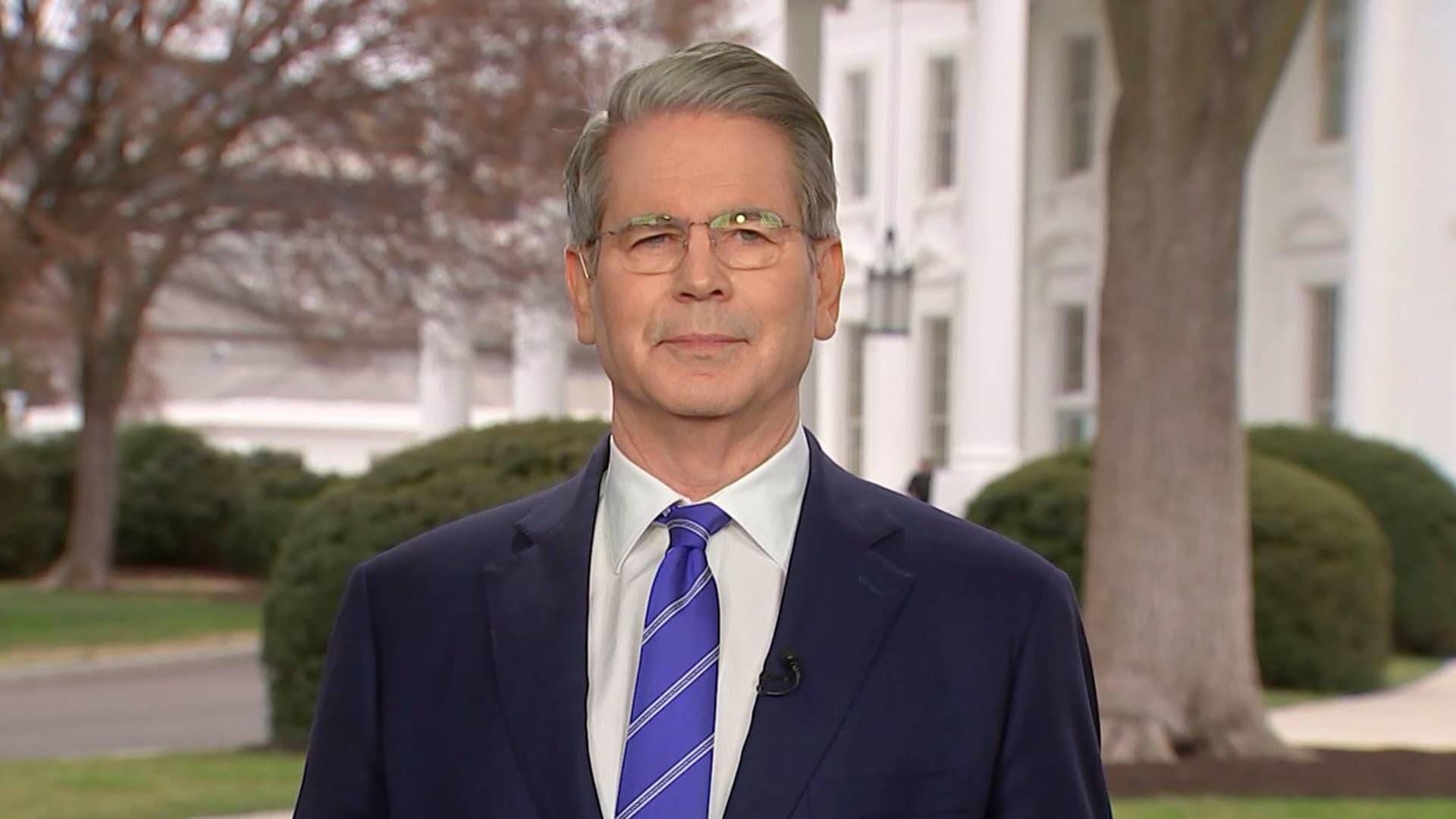Global Currency Shift: How US Policies May Accelerate the Great De-Dollarization Wave
Finance
2025-03-27 18:06:26Content

The global financial landscape could undergo a dramatic transformation if the Federal Reserve were to strategically withhold dollar funding from its international allies during periods of economic turbulence. Such a move might inadvertently trigger a significant shift in global currency dynamics, potentially creating what Deutsche Bank analysts describe as a complex strategic challenge for the United States.
Recent reports suggest that European central banking officials are increasingly questioning the reliability of the U.S. Federal Reserve, with growing skepticism stemming from policy uncertainties introduced during the Trump administration. This emerging doubt challenges the long-standing tradition of the Fed providing critical dollar liquidity to major international central banks during market disruptions.
Historically, the Federal Reserve has played a crucial role in maintaining global financial stability by offering dollar funding access to the European Central Bank and other key international financial institutions during times of market stress. However, the current geopolitical climate suggests this established practice might be facing unprecedented scrutiny.
The potential consequences of reduced dollar dependence could be far-reaching, presenting both opportunities and risks for the United States. While diminishing the dollar's global dominance might weaken American financial influence, it could also prompt a more diversified and resilient international monetary ecosystem.
As global financial leaders continue to reassess traditional monetary relationships, the future of international currency dynamics remains uncertain and ripe with potential transformative developments.
Global Financial Dynamics: The Shifting Landscape of Dollar Dominance
In the intricate world of international finance, a profound transformation is brewing beneath the surface. The traditional pillars of global monetary systems are experiencing unprecedented stress, challenging long-established paradigms of economic interdependence and geopolitical relationships.Unraveling the Complex Web of Global Financial Interdependence
The Fragile Architecture of Global Financial Stability
The international monetary ecosystem represents a delicate balance of power, trust, and strategic interdependence. Central banks worldwide have historically relied on the United States Federal Reserve as a cornerstone of financial stability, creating an intricate network of monetary relationships that transcend traditional geopolitical boundaries. However, recent geopolitical tensions and policy shifts have begun to expose vulnerabilities in this carefully constructed system. The potential for strategic financial decoupling emerges as nations increasingly question the reliability of established monetary frameworks. Financial institutions and policymakers are now contemplating alternative strategies that could fundamentally reshape global economic interactions, challenging the long-standing dominance of the US dollar as the primary reserve currency.Geopolitical Tensions and Monetary Policy Dynamics
Emerging economic powers are increasingly exploring mechanisms to reduce their dependence on US-controlled financial infrastructure. This strategic recalibration represents more than a mere technical adjustment; it signifies a profound reevaluation of international economic relationships and the potential redistribution of global financial influence. The implications of such a shift extend far beyond immediate monetary considerations. They touch upon complex geopolitical dynamics, national security strategies, and the broader landscape of international economic cooperation. Central banks are now engaged in a delicate balancing act, weighing the risks of financial isolation against the potential benefits of diversification.Technological and Strategic Implications of Currency Diversification
Technological advancements and the rise of digital financial technologies are accelerating the potential for monetary system transformation. Blockchain technologies, cryptocurrency innovations, and alternative financial settlement mechanisms are providing nations with unprecedented opportunities to reimagine traditional monetary frameworks. The potential withdrawal or limitation of dollar funding support could trigger a cascading effect, prompting significant restructuring of international financial networks. This scenario presents a multifaceted challenge, where economic strategy intersects with geopolitical maneuvering and technological innovation.Risk Management and Strategic Adaptation
Financial institutions and national economic planners are now compelled to develop more robust, diversified strategies. The traditional model of absolute reliance on a single monetary system is giving way to more nuanced, flexible approaches that prioritize resilience and strategic autonomy. The emerging landscape demands unprecedented levels of financial creativity, diplomatic negotiation, and strategic foresight. Nations must now navigate a complex terrain where economic interdependence coexists with strategic competition and technological disruption.Future Outlook: Navigating Uncertainty
As global financial dynamics continue to evolve, the international community stands at a critical juncture. The decisions made by central banks, policymakers, and financial leaders in the coming years will significantly shape the trajectory of global economic interactions for decades to come. The potential reconfiguration of monetary systems represents not just an economic challenge, but a profound reimagining of international cooperation, trust, and strategic interdependence. The world watches with anticipation as these complex dynamics unfold, recognizing that the future of global finance hangs in a delicate balance.RELATED NEWS
Finance

Inside the VC Drought: Why Venture Capital's Pulse Has Flatlined Since 2019
2025-02-20 18:15:00







